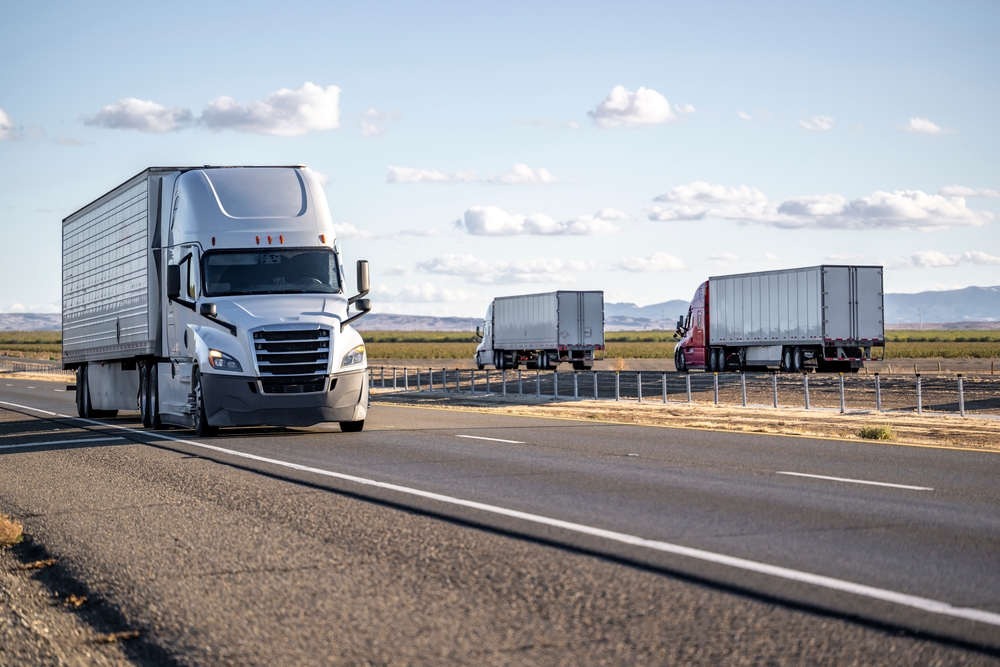
Two key Northeastern states — Maryland and Massachusetts — have temporarily paused enforcement of their California-modeled zero-emission vehicle (ZEV) rules for medium- and heavy-duty trucks, acknowledging manufacturer challenges and shifting political winds. While both states reaffirm their commitment to clean transportation goals, they are offering relief from strict emissions targets to allow for greater industry adaptation.
In Maryland, Governor Wes Moore issued Executive Order No. 01.01.2025.10 on April 4, halting enforcement of specific provisions of the Advanced Clean Cars II (ACC II) and Advanced Clean Trucks (ACT) regulations. These California-inspired policies would require automakers to gradually increase the sales of zero-emission vehicles, ultimately phasing out new diesel truck sales by 2036.
The move follows growing concerns from original equipment manufacturers (OEMs) about the feasibility of meeting sales mandates, particularly amid the Trump administration’s rollback of Biden-era electric vehicle funding and implementation delays in the National Electric Vehicle Infrastructure (NEVI) program. Moore cited these federal policy shifts and the pressure of Trump’s trade tariffs as complicating compliance efforts.
Under the executive order, Maryland will not penalize manufacturers for missing model year 2027 and 2028 ZEV sales targets, unless it completes and publishes a comprehensive needs assessment plan by December 1. The state will also exercise enforcement discretion while forming a 15-member working group to evaluate implementation strategies and stakeholder concerns.
Louis Campion, CEO of the Maryland Motor Truck Association, applauded Moore’s balanced approach. He emphasized that widespread electric truck adoption remains impractical until infrastructure and technological limitations are resolved, and the needs assessment will play a crucial role in guiding the next steps.
Similarly, the Massachusetts Department of Environmental Protection (MassDEP) announced on April 14 that it will apply enforcement discretion for model years 2025 and 2026. Manufacturers who fail to meet electric truck sales thresholds under ACT will not be penalized as long as they continue to offer internal combustion engine trucks to distributors.
Massachusetts’ trucking industry, led by the Trucking Association of Massachusetts (TAM), has long pushed for delays, arguing that the current lack of infrastructure makes compliance untenable. TAM Executive Director Kevin Weeks welcomed the move, stating that it creates an opportunity for industry, government, and environmental stakeholders to collaboratively shape a more practical path to emission reductions.
Despite these delays, both states stressed their continued support for clean vehicle policies. The goal, officials say, is to provide short-term flexibility while preserving long-term environmental commitments. As industry readiness evolves, particularly in manufacturing and infrastructure, the phased-in approach may help avoid disruption while still advancing toward decarbonization.
Source:











Leave a Comment